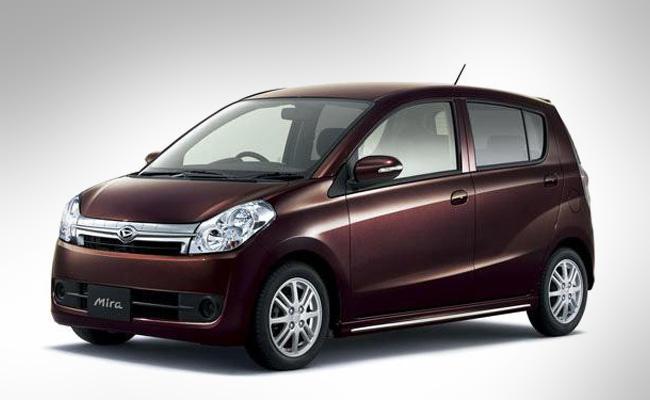Why Tesla’s Mass-Market Car Should Scare Mercedes and BMW

Why Tesla’s Mass-Market Car Should Scare Mercedes and BMW
The Tesla Model Three.
Audi, BMW, Mercedes-Benz, and Porsche have long predominated the world’s premium automotive ranks, making Germany home to some of the industry’s most profitable car brands. But Tesla Motors, whose Model three electrical car enticed 325,000 would-be buyers to put down $1,000 deposits during the week of its debut in April, menaces them in a way that Toyota’s Lexus never did. While the Model Trio’s stats—200 miles on a single charge, $35,000 embarking price—align it with General Motors’ midmarket Chevrolet Bolt, Tesla Chief Executive Officer Elon Musk has said his most affordable car to date should be thought of as challenging with luxury mainstays such as BMW’s three Series or the Audi A4.
Car shopping data suggest there’s more to Musk’s claim than just bravado. Tesla buyers shop German luxury brands more than any other car lines before making purchase decisions, according to automotive researcher Edmunds.com. Almost thirty percent consider BMW, and about twenty percent look at Audi and Mercedes models, while twelve percent shop Porsche, says Edmunds. Compare that with the fewer than six percent of Tesla buyers who consider a Dodge, and it’s clear German brands are most vulnerable to customer defections as Tesla grows.
Executives at rival carmakers privately squawk about Tesla’s poor track record of manufacturing delays and persistent financial losses. Yet they can’t overlook that Musk’s products are titillating consumer passions in a way that incumbent automakers haven’t for decades. “The innovation hat is going to budge to a fresh place,” says Håkan Samuelsson, CEO of Volvo Cars. “The decisive factor is what’s happening inwards people’s goes,” says Jürgen Pieper, an analyst at Bankhaus Metzler. “Many see in Tesla the innovation they’re missing from the Germans.”
The Tesla advances and the threat of Apple injecting the car business have led German brands to demonstrate lots of electrical concept vehicles recently. But these cars are years away, while Tesla plans to embark delivering the Model three in late 2017. “Technologywise, things will very likely stir back to the U.S. to an extent after Europe was the center of premium carmaking for the past thirty years,” says Volvo’s Samuelsson.
That’s in part why Porsche said in December that within five years it will build its Mission E, a fast-charging, four-door luxe sports car that will target Tesla’s Model S sedan. Audi plans to build its electrical E-tron Quattro SUV as a direct rival to Tesla’s Model X SUV. And Mercedes is planning four EVs to take on Tesla.
Tesla doesn’t have to sell fat numbers of the Model three to begin hurting both request—and profitability—of traditional luxury brands. That’s because until the German marques launch their rivaling EVs, they may have to cut prices to avoid losing market share to Tesla or trim production to match lower request.
Competition from the Model three might prompt German carmakers to drop some prices as much as ten percent to defend their U.S. market share, says Stuart Pearson, an analyst at Exane BNP Paribas. Tesla is aiming the Model three at “those looking to spend harshly $40,000 on a car, and that’s the core target market for BMW and Mercedes basically,” he says. “The fact is they don’t indeed have an response to the Model three until the next decade.”
The bottom line: Tesla’s Model three could draw sales from German luxury carmakers’ bread-and-butter vehicles, prompting price cuts.